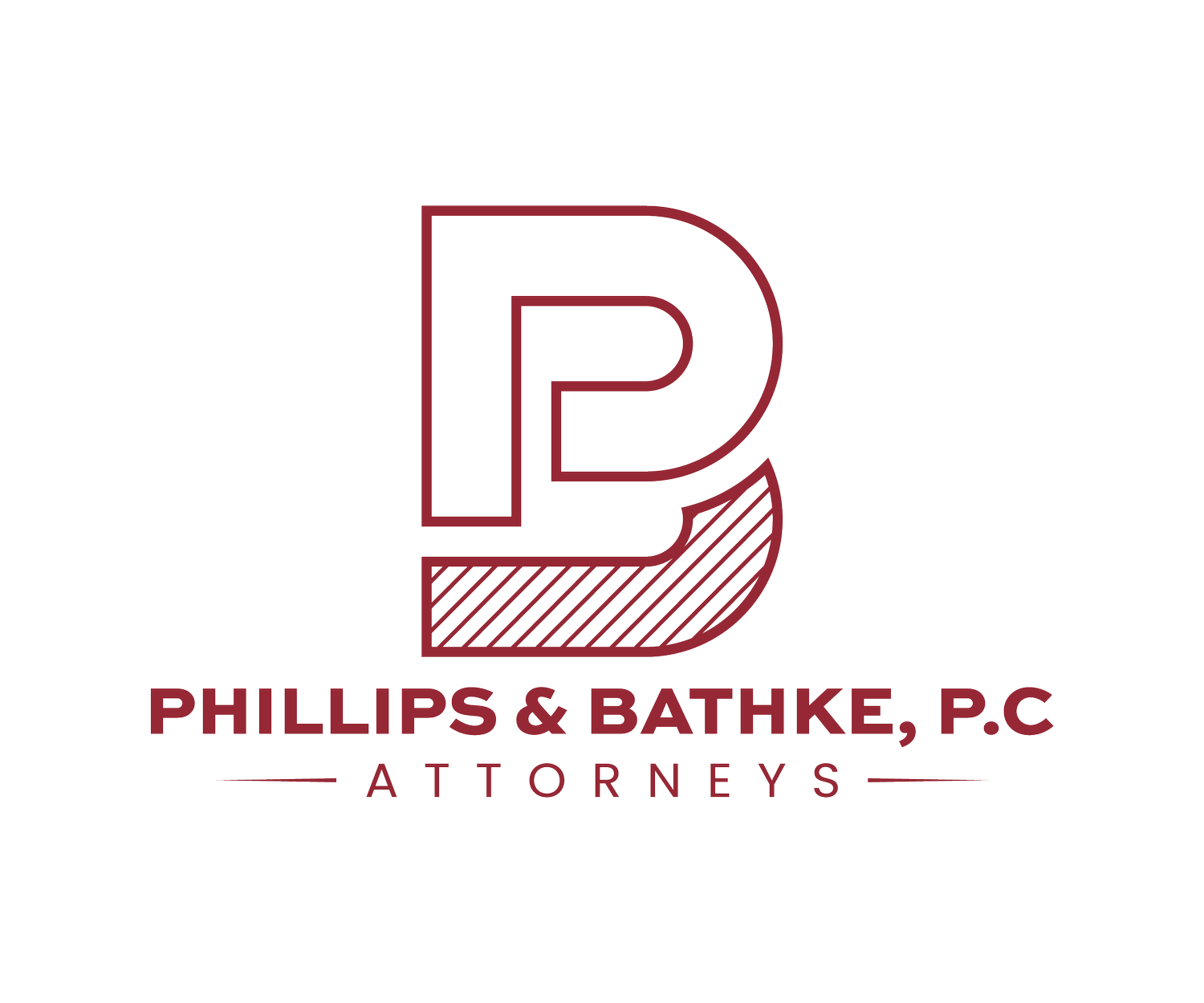Court determines ai created art unprotectable under copyright law
What is an author in the copyright context? Well, we know that it is not artificial intelligence—for now. This is important because copyright protection vests in authors. So, without an author, there is no protection.
Many cases have held an author must be a person. For the longest time it was not even a question. Recently, though, PETA sued on behalf of a Celebes crested moncaque who took a selfie. A federal appellate court determined animals cannot hold copyrights. Naruto v. Slater, 888 F.3d 418, 426 (9th Cir. 2018).
The U.S. Copyright Office later determined as a matter of Office policy that AI created works cannot be copyrighted as lacking human authorship. The situation, though, was one of an extreme. The copyright registration applicant made it clear that the AI generated image, in question, “was autonomously created by a computer algorithm running on a machine” and he was “seeking to register this computer-generated work as a work-for-hire to the owner of the Creativity Machine.” (emphasis added).
After several arguments by letter and decisions by the Office, the Review Board of the United States Copyright Office affirmed the refusal. It repeatedly noted that human authorship is necessary for copyright protection. The applicant, Thaler, appealed to the United States District Court for the District of Colombia.
In a short docket, Thaler and they Copyright Office got right to the point and cross-moved for summary judgment. On August 18, 2023, Judge Beryl A Howell affirmed the refusal to register the AI-generated work in a fifteen-page memorandum opinion. As a review of an administrative decision, the opinion might not be as exciting as some wish. But, in the end, a holding was made:
Copyright has never stretched so far, however, as to protect works generated by newforms of technology operating absent any guiding human hand, as plaintiff urges here. Human authorship is a bedrock requirement of copyright.
This holding, of course, doomed Thaler’s argument. No doubt Thaler will appeal the decision to the appellate court. So those using AI to generate copy, images, or other creative works still lack certainty. Still, the Copyright Office is already trying to advise on protectability of AI-assisted creative efforts.
The Copyright Office has provided guidance explaining, “it is well-established that copyright can protect only material that is the product of human creativity"—and AI therefore can’t be considered an author—that “does not mean that technological tools cannot be part of the creative process.”Copyright Registration Guidance: Works Containing Material Generated by Artificial Intelligence, U.S. Copyright Office (Mar. 16, 2023).
So, the current status is: (1) if created wholly by AI, a work is unprotectable under copyright and (2) if created with assistance of AI, some or all of the work might be protectable. This is hardly the sort of certainty clients want to hear. But no one has accused the legal system of moving quickly to keep up with new technology.
If the intersection of AI and copyright or business is an issue that you need guidance on, we are here to help. Contact us for more information.
